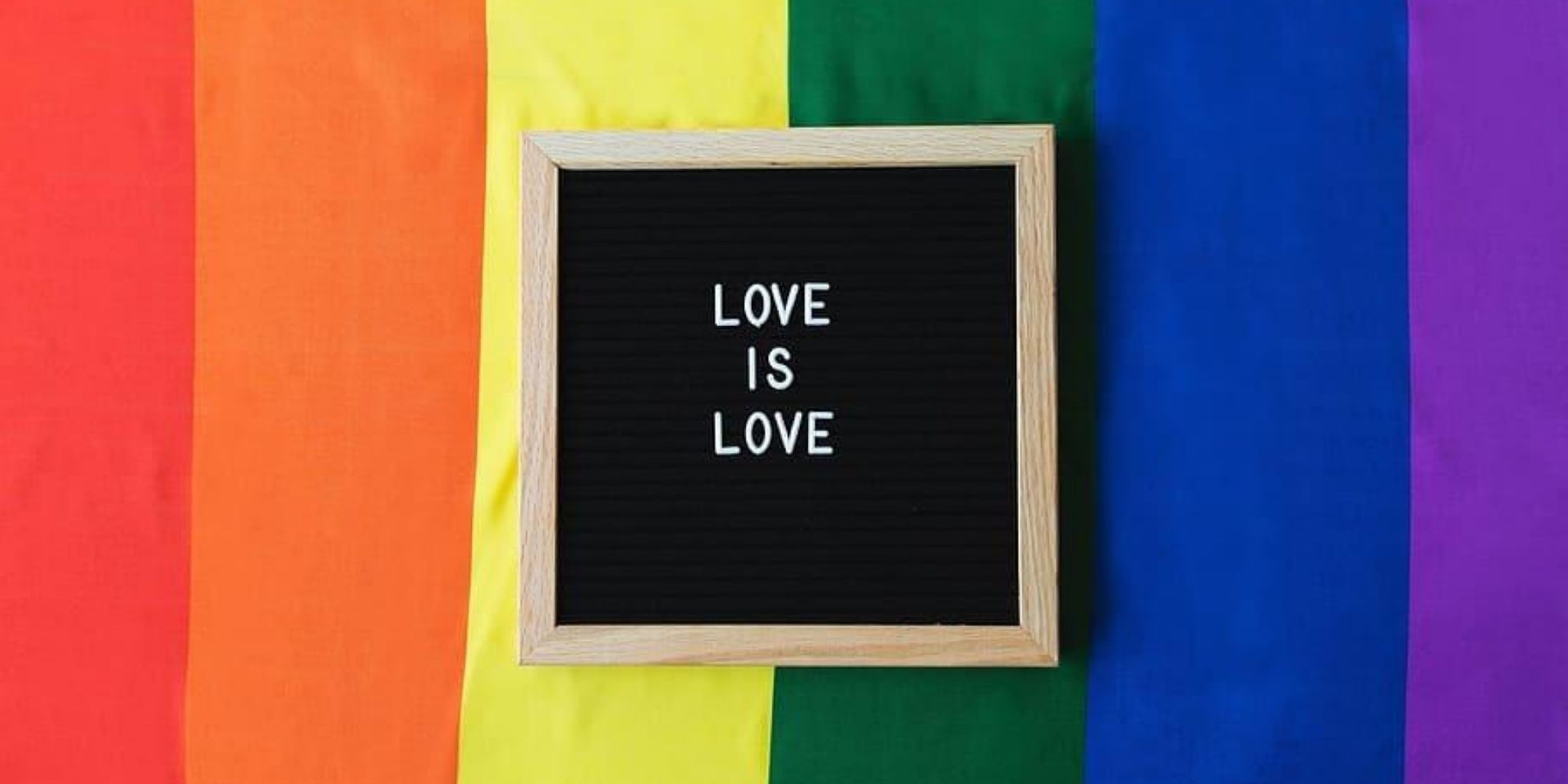
Tips for LGBTQI+ Families
How do you explain diversity to your children and create an inclusive family environment? Read our tips for being a better LGBTQ ally and raising tolerant and accepting children.
Tips for Creating an Inclusive Family Environment
Explaining a concept as complex and broad as love can always be a bit awkward for parents, especially when questions such as “Why are these two girls/boys holding hands?” or “Why do people kiss?” enter the conversation. As a parent, it’s okay to feel unsure about how to answer these questions. It can be difficult to know the right thing to say.
However, it’s important to remember that children can understand love - whether it is between a man and a woman, two women or two men - with a simple explanation. Intolerance is certainly not a trait that we’re born with, it’s something that we learn. Children are born with an innate ability to adapt to any situation or environment they find themselves in.
As adults, our minds have already been shaped by our own parents, peer groups and society. But children’s minds continue to evolve and be shaped by the conversations they hear around them. Therefore, it is our responsibility as parents to initiate dialogue that encourages diversity and inclusivity from an early age.

How to explain love to kids
The concept is now accepted by millions of people around the world: we don't choose who we fall in love with. Rather, love happens regardless of a person's gender or skin colour.
A person's sexual orientation, gender identity, or skin colour is not a choice, but facts to be respected. In inclusive societies, parents also have the responsibility to educate children against intolerance and to teach them to advocate for their peers against LGBTQIphobias.
If your children happen to discover that they are part of the LGBTQI + spectrum, it is crucial for their mental health that they are supported by an accepting and loving family. By ensuring that your children grow up in an environment that is inclusive of them, they will feel far more comfortable approaching you and accepting their own identity. The importance of having an lgbtq ally cannot be understated.
In countries where LGBTQI + individuals are not yet accepted by society, do not give up hope. Equality for all begins with individual awareness and grows from there. By teaching your children to accept others and embrace diversity, you encourage the younger generation to uphold principles of equality and improve the overall level of tolerance and acceptance in society.
What should I say?
Phrases like “They’re holding hands because they love each other. You know, I don't care who you fall in love with as long as you feel those amazing butterflies in your belly every time you see this beautiful person," can certainly be a good and simple way to explain that love always wins, it's that simple!

What if your child responds negatively?
If your kids respond with "Yuck!" to anything related to love or physical affection, don’t worry - this is simply a phase they’ll grow out of. Simply ask them, “Why do you think love is 'yuck'?” and wait for their response.
If they tell you something to the effect of "Two girls or two boys shouldn't kiss”, there is some cause for concern. While remaining calm, simply explain that all people deserve to love and be loved. Most importantly, don't get mad at them. Children are not born intolerant. They’ll likely have adopted this attitude from people around them. As a result, it might be worthwhile to consider the environment in which your child may have learnt this behavior.

My child has been in contact with LGBTQIphobic people: what should I do?
Unfortunately, it is possible that your child will encounter homophobia, biphobia and transphobia. As mentioned earlier, whatever they say, don't get mad or blame them. They are young and unfortunately easily influenced, which means that those who have spoken to them about this kind of nonsense are the ones to be scolded. The best thing to do is start a conversation with them, in a calm manner.
You can, for example, ask "Where did you hear that?" to better understand where and how they heard these LGBTQIphobic comments, then you can explain that some people are intolerant and narrow-minded, but that these people are generally unhappy in their lives because their love is not unconditional and they are afraid of people who they do not understand.
To be happy and live at peace with themselves, children need to embrace each other's differences and realise that a girl with a girl, a boy with a boy, or a girl with a boy makes no difference. What matters most for a gay couple is that they are in love and are happy together. If they are, that is all that matters!



